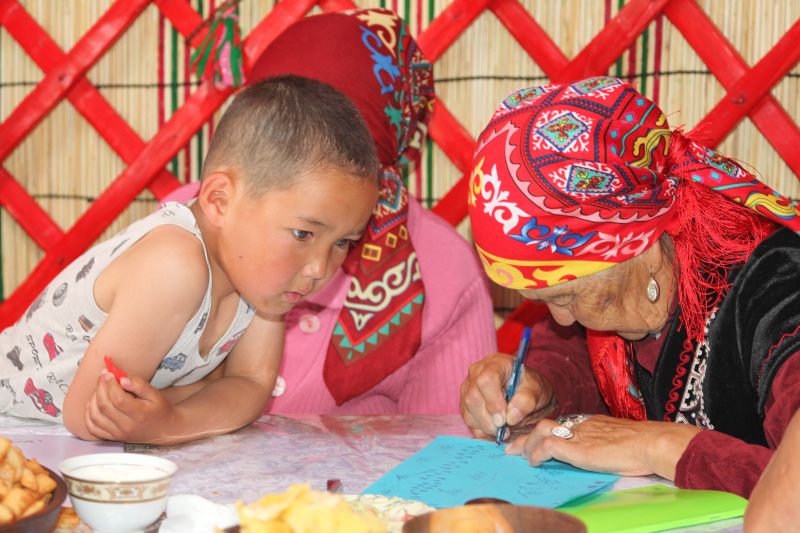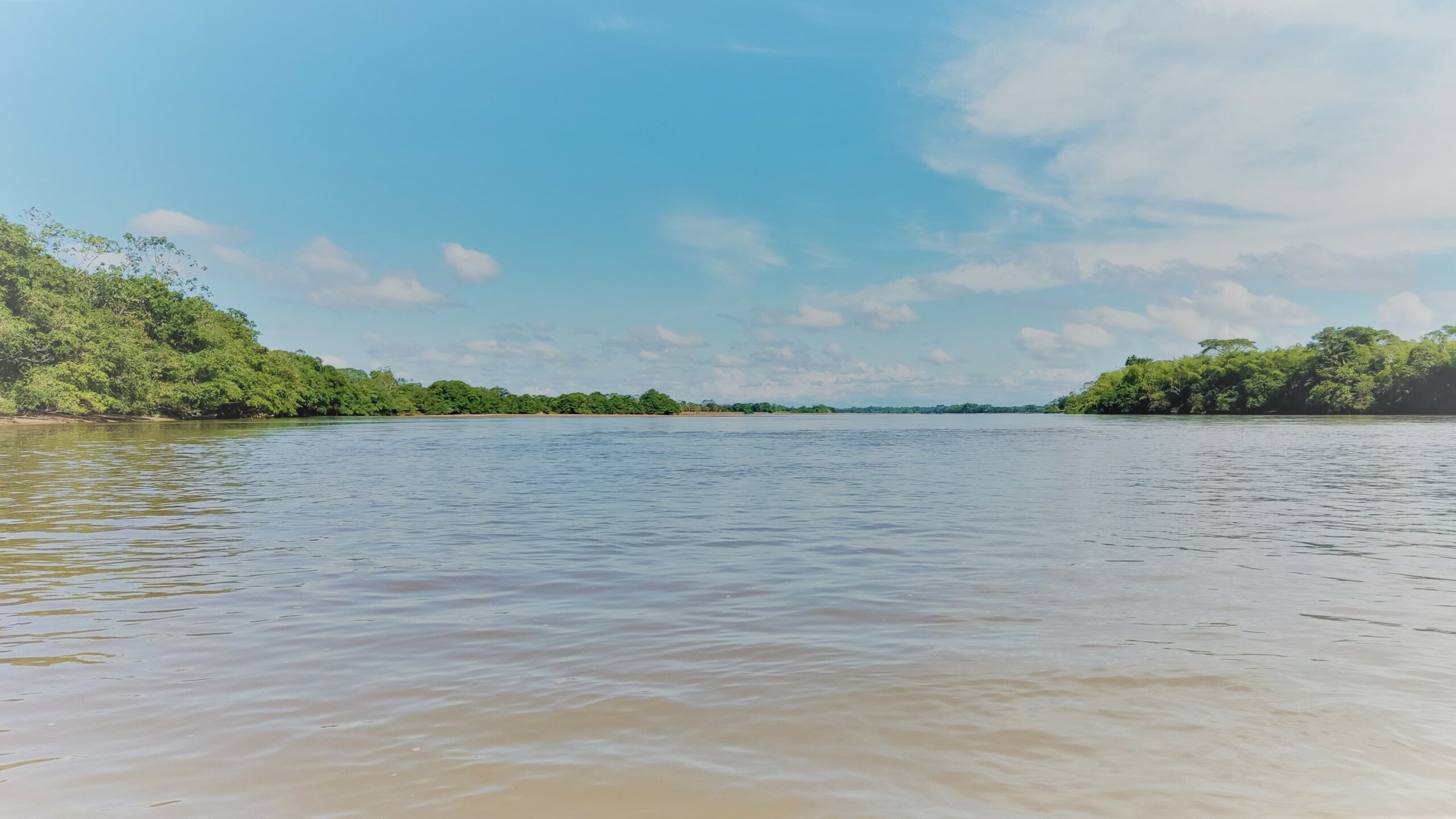Indigenous and local communities’ conservation practices need policy support, says new global report

27 June 2018: Indigenous Peoples and local communities’ conservation practices are fundamental to biodiversity conservation, but these barely receive support or recognition from governments, argues the Global Forest Coalition [1] in a new global report launched today [2]. The report documents in-depth, participatory assessments by more than 30 communities in 12 different countries of the resilience of their own biodiversity conservation initiatives, and provides concrete proposals to governments, urging them to support such initiatives.
The report is part of the Community Conservation Resilience Initiative (CCRI) [3], a joint effort of the Global Forest Coalition with a large number of Indigenous and non-Indigenous organisations. Between 2014 and 2018 the initiative has carried out participatory assessments in over 68 local communities in 22 countries to document community conservation practices.
A key finding is that many rural communities and Indigenous Peoples actively conserve and restore the biodiversity that is found on their lands and territories, with women often taking the lead in such conservation. In Malaysia, for example, the Murut Tahol of Alutok, Ulu Tomani, a community of forest dependent hunter-gatherers, practice ‘tavol’ which prohibits hunting and resource gathering in specific areas of the forest for specific time periods.
“Conventional biodiversity conservation has too often pushed people out of their territories. This violent model must be stopped. Local communities know their lands best, they deserve the recognition and support to conserve their own lands,” said Simone Lovera, executive director of Global Forest Coalition.
The report also throws light upon the threats that undermine community conservation initiatives, like extractive industries, industrial farming, monoculture plantations and the imposition of state-controlled protected areas that displace communities. “In India, the creation of protected areas without the Free Prior and Informed Consent of local communities has resulted in their eviction from their land and loss of their legally recognized rights over forest resources” said Souparna Lahiri of the All India Forum of Forest Movements, one of the authors of the Indian country study.
“Experiences in Colombia and other countries demonstrate the viability and sustainability of self-organized territorial management initiatives that have emerged from the communities” said Diego Cardona of CENSAT Colombia, chairperson of the Global Forest Coalition “Their land rights and rights to access natural resources must be respected, and sustainable productive strategies must be supported such as agroforestry, agroecology, beekeeping and small-scale timber production”, he adds.
On this coming July 4, more than 100 Indigenous Peoples’ and community representatives will gather in Montreal to celebrate their immense contribution to biodiversity conservation at a parallel event [4] to the UNCBD, urging them to put greater emphasis on community conservation instead of top-down people-less models of conversation.
NOTES
[1] Global Forest Coalition is a worldwide coalition of 93 NGOs and Indigenous peoples’ organizations from more than 60 different countries striving for rights-based, socially just forest conservation policies. Link: https://globalforestcoalition.org/media
[2] https://globalforestcoalition.org/wp-content/uploads/2018/06/global-report-EN.pdf
[3] The CCRI aims to inform the United Nations Convention on Biodiversity’s 2011-2020 Strategic Plan and Aichi Targets. See: https://globalforestcoalition.org/resources/supporting-community-conservation/
[4] The press kit and more information about the “Fostering Community Conservation II Conference” can be found here: https://globalforestcoalition.org/fccc-2018/media-and-news/
Contact Info
Ashlesha Khadse (Media Officer, GFC)
Cell and whatsapp: +91 8600839193 (India)
Email: ashlesha@globalforestcoalition.org
Simone Lovera (Executive Director, GFC)
Global Forest Coalition
+595-981-407375 (Paraguay)
+31-6-47392511 (Europe)
simone@globalforestcoalition.org
Photo credit: Stemming the loss of traditional knowledge by sharing it with children is vital to the future of community conservation. BIOM/GFC
Social media
Facebook: bit.ly/gfc123
Instagram: global.forest
Twitter: @gfc123
Smugmug: https://globalforestcoalition.smugmug.com










